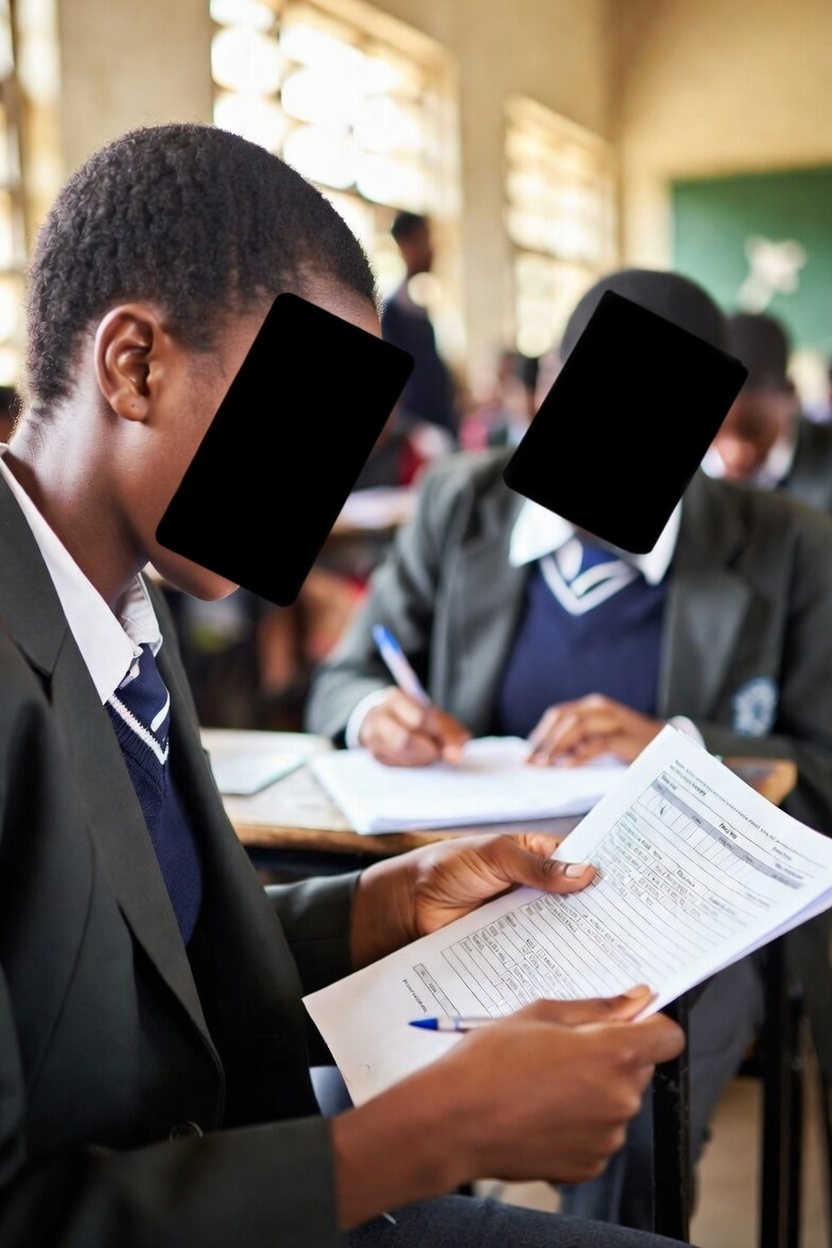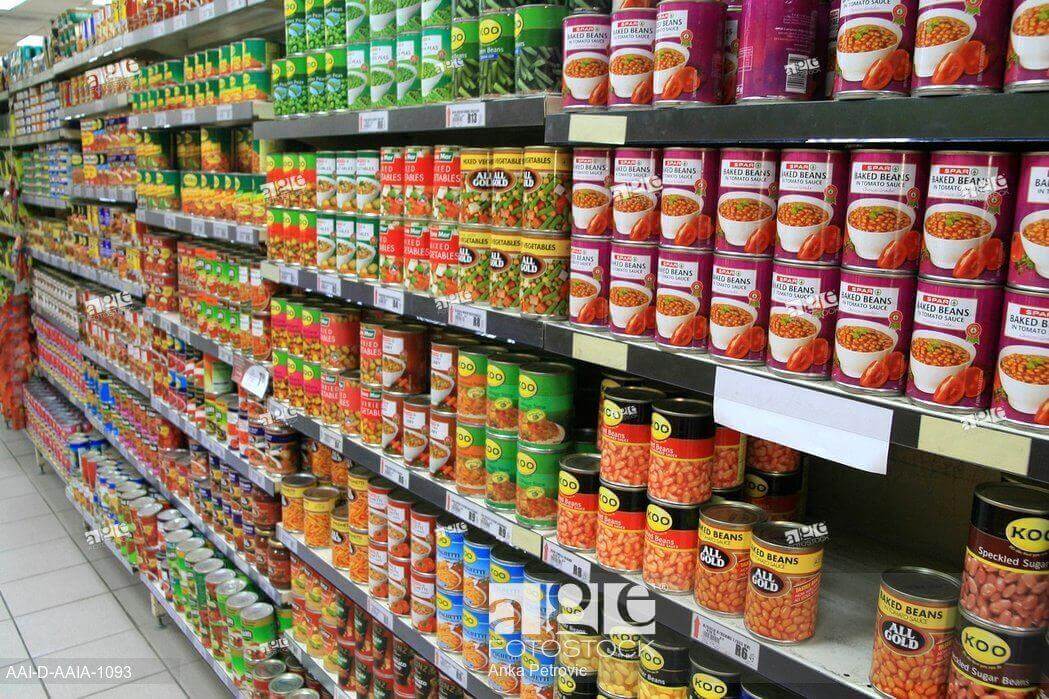-
 Hawks pounce on Mpumalanga government officials in another repairs and maintenance scandal
Hawks pounce on Mpumalanga government officials in another repairs and maintenance scandal
-
 Mulaudzi files R5bn claim against the state
Mulaudzi files R5bn claim against the state
-
 Evaluation Board reinstates disputed value on Rupert’s Mpumalanga property
Evaluation Board reinstates disputed value on Rupert’s Mpumalanga property
-
 Arqomanzi accused of delaying Lily Mine sale because it’s eyeing R141m profit from loan claim
Arqomanzi accused of delaying Lily Mine sale because it’s eyeing R141m profit from loan claim
-
 Matric cheating rocks Mpumalanga once again
Matric cheating rocks Mpumalanga once again
-
 Mvianga dismisses Royal Bafokeng’s response to his court application
Mvianga dismisses Royal Bafokeng’s response to his court application
-
 ANC denies ever raising funds from City of Matlosana
ANC denies ever raising funds from City of Matlosana
-
 ‘SA must boycott the World Cup’ – Malema
‘SA must boycott the World Cup’ – Malema
-
 Transnet loses third court battle and ordered to pay R60m to Gijima
Transnet loses third court battle and ordered to pay R60m to Gijima
-
 UMP’s ambition to position SA as a leading rice exporter
UMP’s ambition to position SA as a leading rice exporter
‘Prioritise child nutrition as a political decision’ – NGO
Sizwe sama Yende
An economic justice organisation is pleading with government to prioritise children’s nutrition in light of the fact that the paltry child support grant of R530 cannot buy enough nutritious food for a child to last a month.
The Pietermaritzburg Economic Justice & Dignity (PMBEJD) indicated in its April 2024 Household Affordability Index that the cost to feed each child a basic nutritious diet a month had increased by R207.61 from 2021 to 2024 while National Treasury had increased the grant by only R80 over the same period.
PMBEJD collected its data by tracking the prices of 44 basic foods from 47 supermarkets and 32 butcheries, in Gauteng (Soweto, Alexandra, Tembisa and Hillbrow), KwaZulu-Natal (Pietermaritzburg, Mtubatuba, KwaMashu, Umlazi, Isipingo, Durban CBD, Hammarsdale and Pinetown), Western Cape (Khayelitsha, Gugulethu, Philippi, Langa, Delft and Dunoon), and Springbok in the Northern Cape.
Annual child support grant increases, PMBEJD argues, had been arbitrary and had no relation to projected inflation for the year. National Treasury raised the child support grant by R10 in 2021, R20 in 2022, R30 in 2023, and R20 in 2024.
“Our plea has been to prioritise child nutrition as a political decision – because healthy children whose bodies and minds are properly developed immediately provide stability across all spheres of society and the economy whilst changing the current trajectory of South Africa into one which is able to make full use of the boundless positive possibilities that our new modern world provides,” said PMBEJD researchers, Mervyn Abrahams and Sibusiso Mboto.
“The child support grant is such an important intervention. It is well targeted and well used. If increased it has major potential for universal improvements in equity, economic growth, and employment, whilst further offering giant leaps in better education, nutrition and health, social and economic outcomes.”
According to PMBEJD’s data, the average cost to feed a child a basic nutritious diet per month over this same period from April 2021 to April 2024, increased from R751.77 in April 2021 to R959.38 in April 2024.
“In April 2024,” the researchers said, “the child support grant of R530 is 30% below the food poverty line of R760, and 45% below the average cost to feed a child a basic nutritious diet (R959,38).”
The R20 increase in the grant may be measly, but the researchers found that mothers they interviewed welcomed it.
“The gratitude mothers expressed for the extra R20 brought tears to our eyes, knowing that our expectations of the state are just so low, our situations are so desperate, and mothers carry our future generation with shoulders whose strength defies all logic,” they said.
“R530 a month is not enough for a mother to raise a healthy and happy child in a stable home, nor is it enough to ensure her child is able to make the most of her education and other possibilities that may be available to her as she grows up.”
PMBEJ said that mothers with two small children (receiving two grants of R530 each, totalling R1 060) told them that when the grant came in, they spent it in this order of priority: Masingcwabisane (burial insurance for the family), creche fees (for younger children), and then buy groceries.
The groceries included maize meal, rice, cooking oil, washing powder/green bar soap, potatoes, and sugar. After these expenditures, nothing was left for electricity or gas and other nutritious foods such as eggs, sugar beans, maas, milk, fruits and vegetables.
Moreover, there was no money left for toothpaste, body cream, toilet paper, transport to school and for clothes, school stationery and transport to the clinic for the sick.
“Whilst enormous amounts of money are invested in the child support grant programme at a country-level, at the individual child-level, the grant is low and means that the country reaps only a tiny fraction of the monies invested, including foregoing the massive savings down the line from a healthy, well-nourished, stable young populace,” the researchers said.

